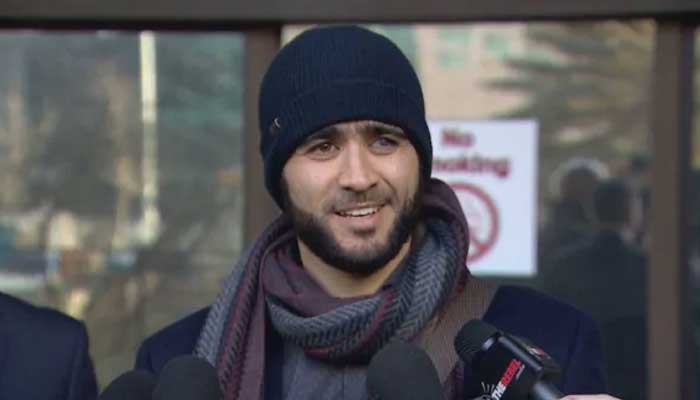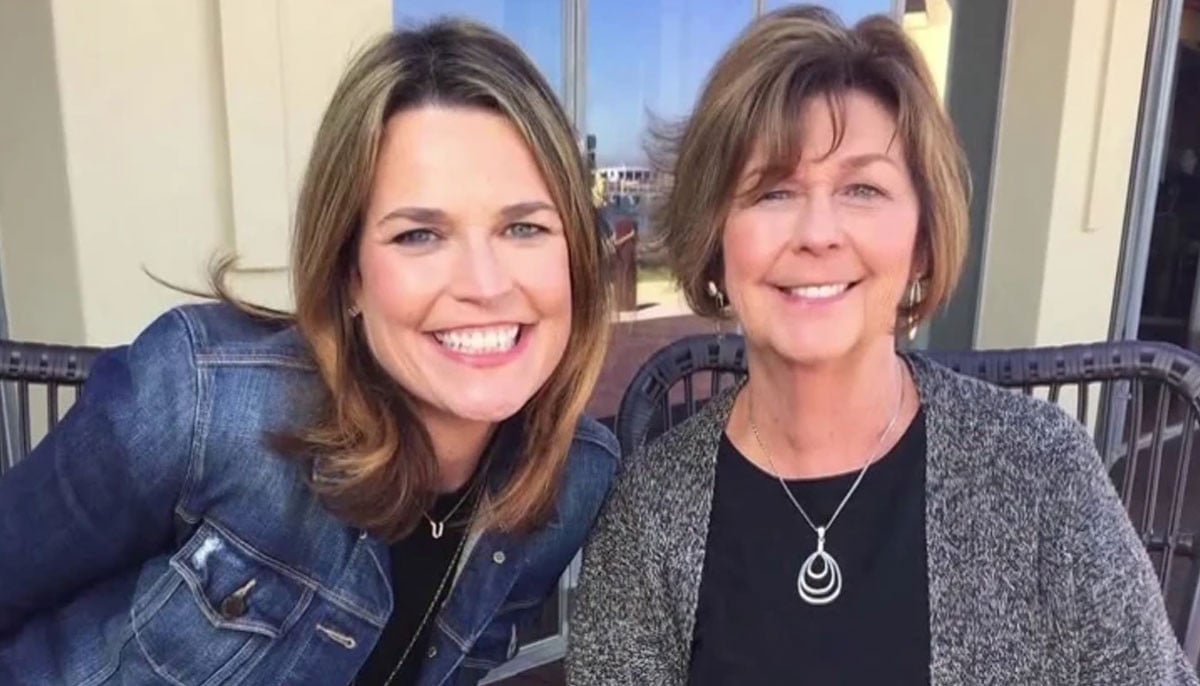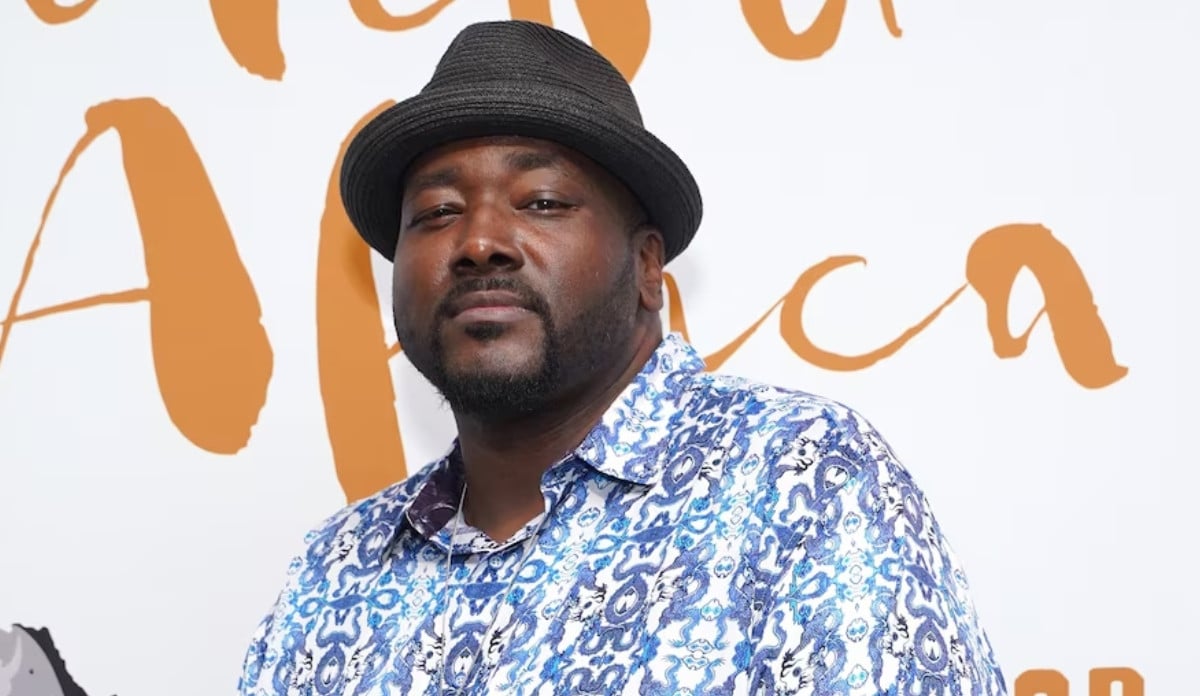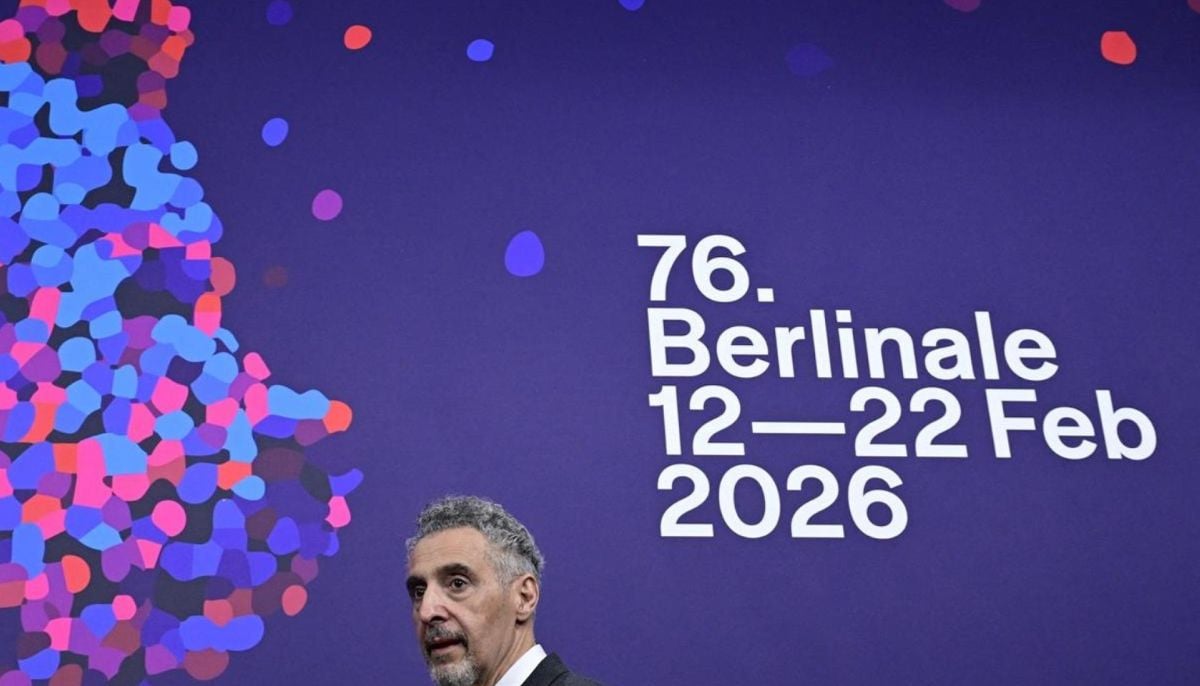Former Guantanamo detainee seeks Canada bail changes for Makkah pilgrimage
Omar Khadr is allowed supervised visits with her, but as she no longer lives in Canada he is hoping to be allowed to call or or video chat with her.
OTTAWA: Lawyers for former Guantanamo detainee Omar Khadr asked a Canadian court on Thursday to change his bail conditions to allow him to travel to Saudi Arabia for a religious pilgrimage.
Khadr, now 32, has been living in Canada since 2015 while appealing his US war crime convictions, claiming his murder confession was made under duress.
He is asking to be granted a Canadian passport in order to perform the hajj -- a once-in-a-lifetime Muslim pilgrimage to Makkah in Saudi Arabia -- and permission to speak freely with his controversial sister, Zaynab.
Zaynab Khadr was investigated a decade ago for terrorist links, but was never charged.
Omar Khadr is allowed supervised visits with her, but as she no longer lives in Canada he is hoping to be allowed to call or or video chat with her.
In an affidavit, cited by Canadian media, Khadr said his current bail conditions, including travel restrictions, cause him psychological harm.
"I feel like the indefinite and potentially endless detention that I suffered in Guantanamo Bay is continuing," he wrote. "I hope that there will be some end to this process, but there is none in sight."
Khadr became the youngest prisoner at the US facility in Guantanamo Bay, Cuba following his capture in Afghanistan in 2002.
He was sentenced in 2010 to eight years plus time served for murdering a US soldier with a grenade, attempted murder, conspiracy, providing material support for terrorism and spying, but was later sent home to serve the remainder of his sentence.
His lawyers fought for several years to have his status as a minor at the time of the attack recognized. Canada´s Supreme Court finally agreed one week before his conditional release in 2015.
In Canada, Khadr married and was accepted into a nursing program, but says his legal issues -- including a civil suit brought by the widow of the special forces soldier he was convicted of killing -- sidelined his studies.
The government of Canada´s Can$10 million (US$7.5 million) payout to him last year to settle a lawsuit for having violated his rights provoked outrage.
-
Germany’s ruling coalition backs social media ban for children under 14
-
Quinton Aaron reveals why he does not want to speak to wife Margarita ever again
-
Why Mikaela Shiffrin celebrated Olympic Gold with Taylor Swift song?
-
Political tensions steal spotlight at Berlin Film Festival closing ceremony
-
Hong Kong touts stability,unique trade advantages as Trump’s global tariff sparks market volatility
-
Friedrich Merz heads to China for high stakes talks in an effort to reset strained trade relations
-
Nvidia CEO praises Elon Musk, calls him an ‘extraordinary engineer'
-
Conan O'Brien speaks first time after Rob Reiner's killing












